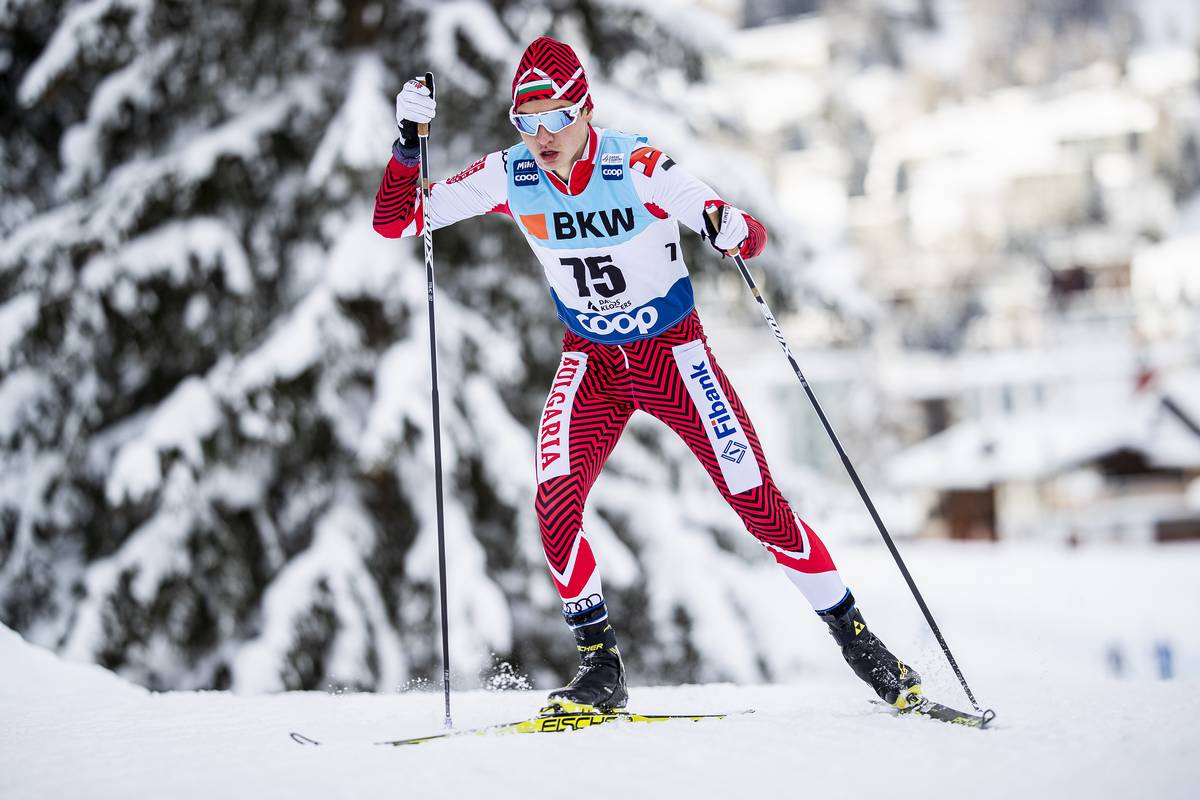a onblur=”try {parent.deselectBloggerImageGracefully();} catch(e) {}” href=”http://2.bp.blogspot.com/_Qy8LpbgYOag/Sc6XFhGPqAI/AAAAAAAAAHM/K-tHtVexzSA/s1600-h/mazama.jpg”img style=”display:block; margin:0px auto 10px; text-align:center;cursor:pointer; cursor:hand;width: 400px; height: 300px;” src=”http://2.bp.blogspot.com/_Qy8LpbgYOag/Sc6XFhGPqAI/AAAAAAAAAHM/K-tHtVexzSA/s400/mazama.jpg” border=”0″ alt=””id=”BLOGGER_PHOTO_ID_5318354331010836482″ //abr /br /Some weeks ago ITA alum Matt Chisam posed a question on the nature-versus-nature debate. At the time I was away on a self-prescribed week long internet and telephone exodus in Rybinsk, Russia. Mr. Chisam’s question was, “What do you believe had the most influence on your athletic career – nature or nurture?”br /br /Since then, I’ve had time to ponder this and today is as good as any to put these musings to print. Initially, I thought the point mute and as I work my way through the question I keep coming back to one idea, that nature and nurture work in concert together, not in opposition or at the expense of the other. Our genes expressing themselves accordingly to the environment and opportunities one finds them exposed to. This is my interpretation. This is my belief. You can call it Torin’s Theorem of Gene Expression. Now let me make you a believer.br /br /Look, I get it. Alice In Chain’s Layne Staley might have said “deny your maker” in an anthem from my youth, but that doesn’t mean I have to believe in all he’s selling. The way I see it, our genetic make-up plays a part in perhaps every single interaction in every single person’s life. Nature’s backers will point out the prodigies. No matter how much I enmesh myself in the world of virtuoso piano competition, I’d play chopsticks to Frederic Chopin’s compositions. But most prodigies are likely found in chess, music, pure mathematics. These domains draw upon a specific, singular, delimited skillset. Gary Kasparov didn’t need to attend chess school to kill your queen, conquer your king. But I’m sure it didn’t hurt to learn from a couple of grandmasters of chess, either.br /br /I’m sorry. Even after all this being said, in sport and in life, is there nothing surer than wasted talent? For every Michael Johnson, there’s ten, twenty, (a hundred?)Obree Moore’s. br /br /And it seems everywhere you want to look, you can find an excuse. Freud tells us to blame our parents. Marx, our society. Wrong neighborhood, wrong side of the tracks, too rich, too poor… It’s as if personal responsibility no longer, if ever, exists. br /br /If I see any message in this, it is – do not buy the label. The moment we believe in our hearts success is determined by an ingrained level of ability – free and independent of determination and resilience and hardwork – we become brittle in the face of adversity. When someone says, “I’m just not talented enough,” maybe that’s the least of the problem. Because what is talent is not elusive? If not fleeting? If not collaborative?div class=”blogger-post-footer”img width=’1′ height=’1′ src=’https://blogger.googleusercontent.com/tracker/2691525267872963085-2916392243421686002?l=in-the-arena-torin.blogspot.com’ alt=” //div



